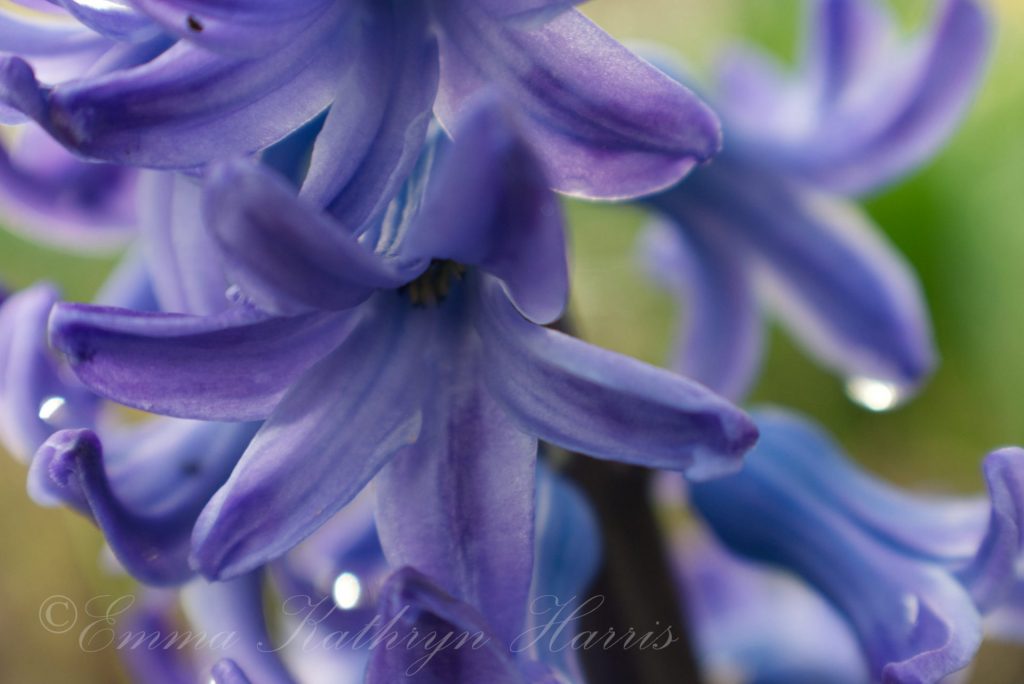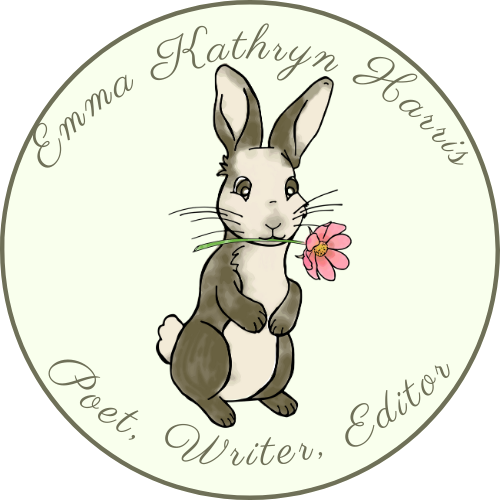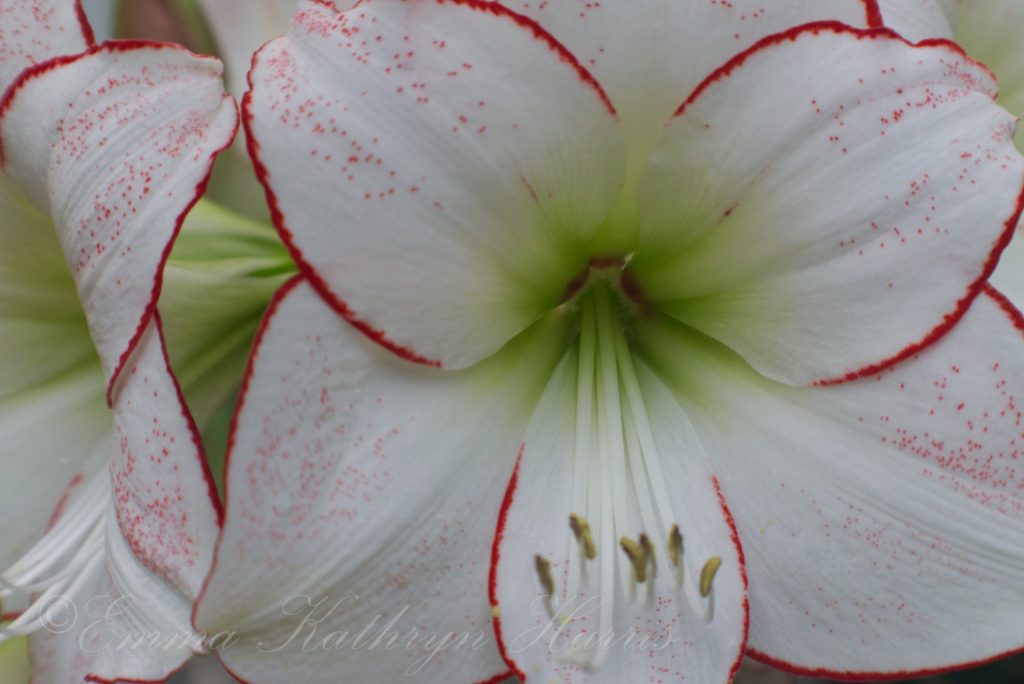Start writing, no matter what. The water does not flow until the faucet is turned on.”
Louis L’Amour., author
Writer’s block: when a writer’s mind goes completely dark, hollow, a plethora of information scrambling for space, that one cannot write one…single…word. Nothing.
This seems to be the bane of a writer’s existence. You reach a pivotal scene, and you leave your character dangling from the cliff because you have no idea where to go.
Deadline pressures, daily stresses, a head full of ideas in disarray can leave our character dangling for hours, or a week, or several weeks. Good thing he has strong arms.
Honestly, though, writer’s block is not the image it is portrayed to be. I know this because, admittedly, I have never had writer’s block. You don’t have to believe it, and this might cause you to narrow your eyes at your screen as you read this, but many writers will back me up when I say it is a mental exercise. Some say it is an excuse to not do the work. However you view it, if you allow it to dictate your next move, you will remain paralyzed.
This is not to say my brain has never seemed empty with a few cobwebs remaining. Perhaps it is because I view my writing as work. Yes, I love my work, but it is work nonetheless and I have deadlines. I ignore feelings of doubt or blank words because I am never without something to say. And frankly, I do not have time to allow myself not to write.
When you are faced with a multitude of tasks and distractions, writing can temporarily seem overwhelming. Forcing yourself to be creative in those moments can be rather exhausting. Your brain can shut down because it is tired.
So, what you should do?
One thing you can do is write anything that comes to mind and see where it takes you. It might not make sense, but later when you have had some rest and time, you can review it and edit it or create something totally new from it.
Still, there are days when nothing seems to flow onto the screen or page. Want to know a little trick?
Dive into your research.
…if you allow [writer’s block] to dictate your next move, you will remain paralyzed.
Awaken your creative flow with research
No matter what we are writing — novels, poetry, essays, business communications — we research a topic we plan to write about. We need more knowledge and understanding, which helps us in our outline and theme. And do you ever notice that when you begin your research, it often leads you in other directions you had not anticipated but you find the subject fascinating and you want to learn all you can? Or maybe I’m just a research freak of nature?
But what happens after all that research? It inspires your ideas, doesn’t it? And it helps your writing because you know the subject intimately and you have more information for the piece you are composing. The writing, it seems, simply flows.
Interestingly, the slant or focus of your story might also change. That is because you learned something you did not know before, and the additional insight made your story better.
The next time you find yourself staring at a blank screen and a cursor blinking mockingly, or your page is a crisp white smooth surface without so much as a dot of ink, grab your notes and review them. Do more research if needed, even if that means reading a book on the subject (another article on this later).
You might be surprised how your research helps inject ideas into your brain that you can now use to fill in the blank spaces.





